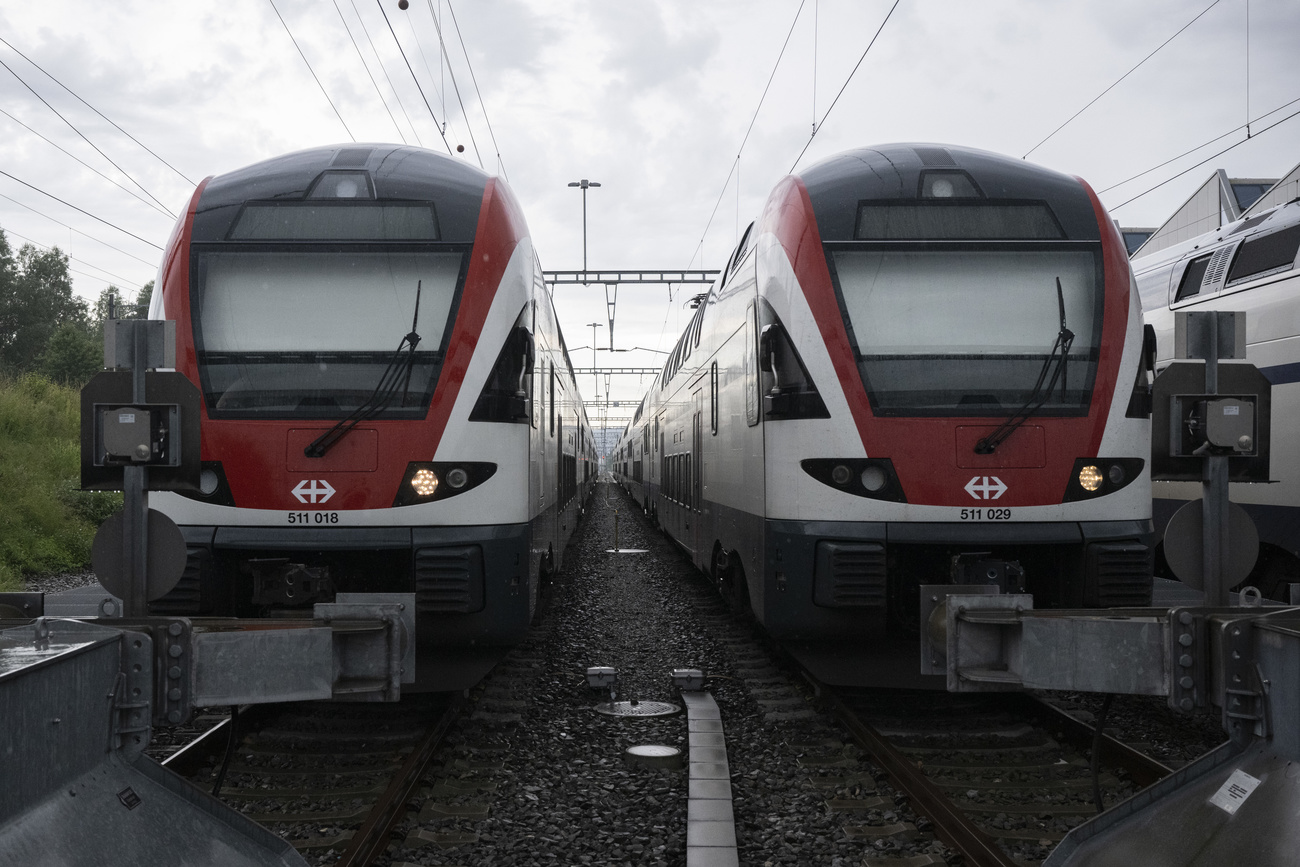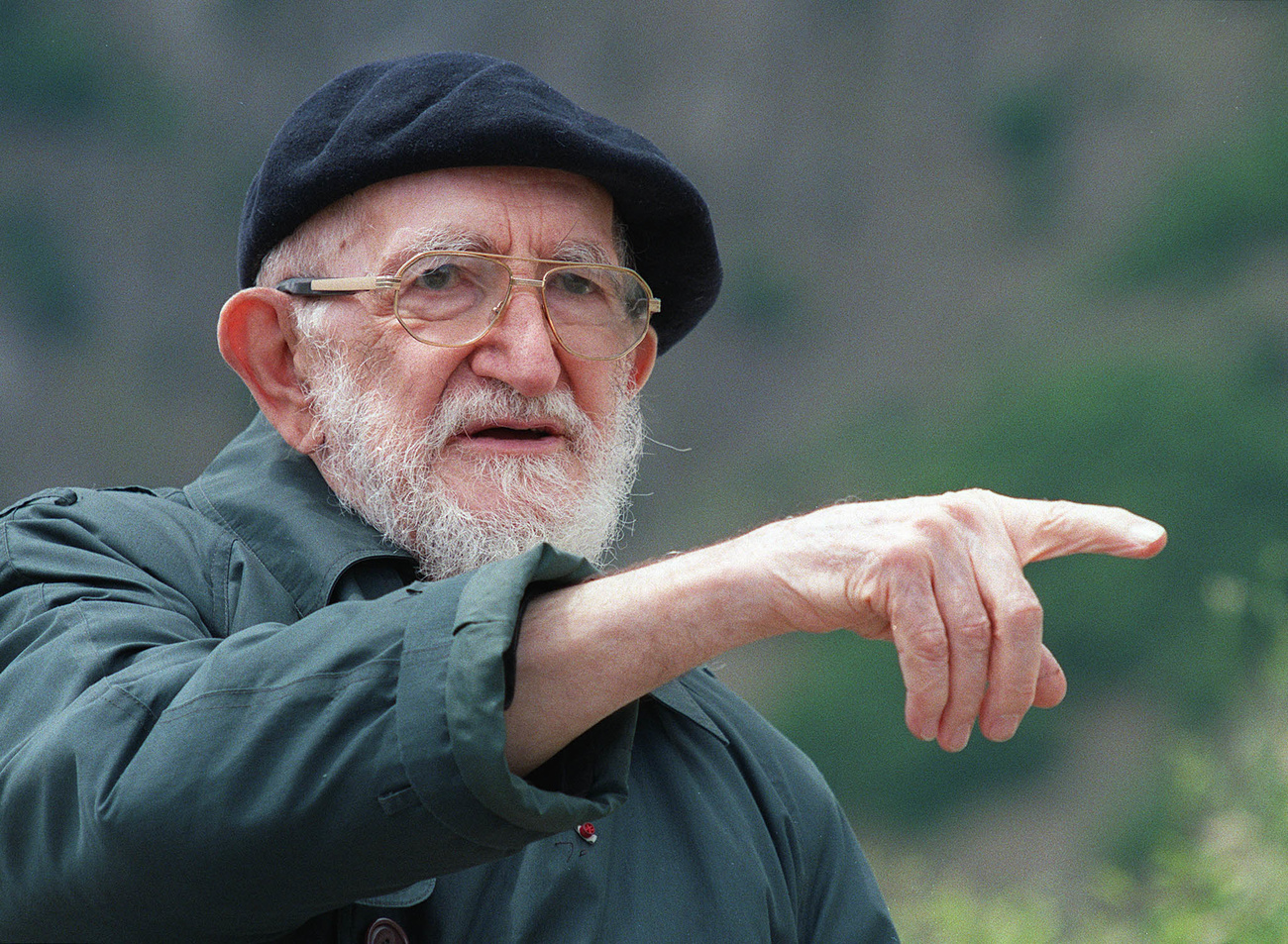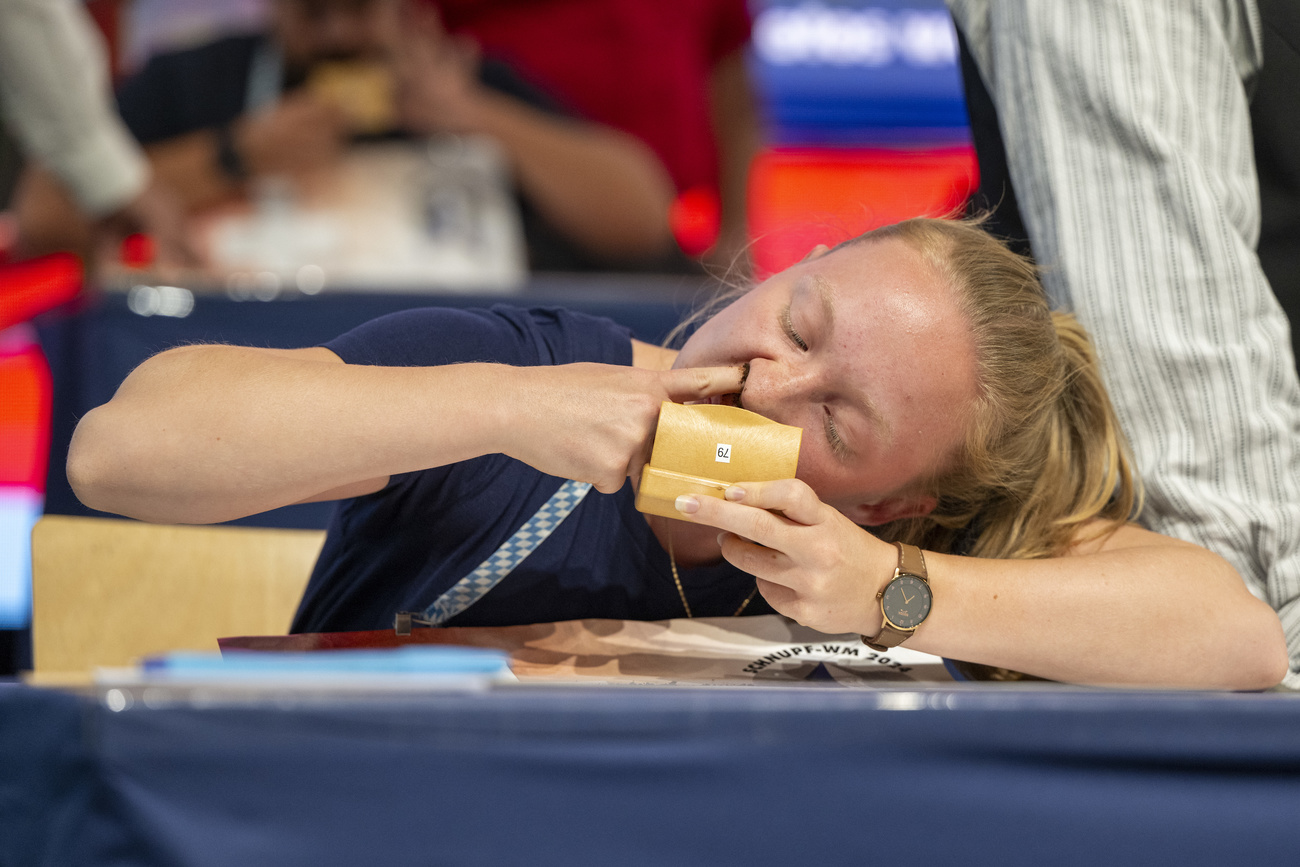
Switzerland Today
Dear Swiss Abroad,
Like many people in Switzerland, I often rely on the official MeteoSwiss smartphone app to help decide whether to leave the house in the morning with or without an umbrella.
Lately, the changeable weather has put this very reliable app to the test - and I have sometimes arrived at work completely drenched.
Perhaps this is a thing of the past. In selecting today’s news for you, I discovered that MeteoSwiss now uses one of the world's most powerful supercomputers to create more precise weather forecasts. The machine was inaugurated in Lugano at the weekend.
I’ll explain more on this and other stories below. Happy reading!

Switzerland has a new supercomputer, one of the most powerful in the world. It is located in Lugano in southern Switzerland and was inaugurated at the weekend by Guy Parmelin, head of the Federal Department of Economic Affairs, Education and Research.
The huge machine, known as ‘Alps’, is located at the Swiss National Supercomputing Centre (CSCS). It was developed to meet the extreme demands of science in the areas of data processing and computing, the Swiss federal technology institute ETH Zurich said in press release. It will be used in particular in more precise weather forecast modelling and artificial intelligence research.
In June, Alps was ranked sixth out of the 500 most powerful computers in the world. But when its power was measured for the ranking, it had not yet been completed and was only at 60% of its full potential.
- News on RTSExternal link (in French) and RSIExternal link (in Italian)
More

In the future some Swiss railway stations will have to close to ensure a more efficient network. Vincent Ducrot, head of the Swiss Federal Railways, made this dramatic statement on Sunday in an interview with NZZ am Sonntag.
He explained that frequent train stops slow down the system and consume a lot of network capacity. “For customers, it is more important to have a train every quarter of an hour than a station every five hundred metres where there is only one train an hour,” he said.
However, this is a measure that can only be introduced in the long term, and it is still too early to say which stations might be affected by such a change.
In the future, Ducrot therefore hopes for a system that will put less strain on the network at the local level. The network is strong for medium and long distances, he stresses, adding that “in the end it is the politicians who will decide”.
- The complete interview on the NZZ am SonntagExternal link website (in Italian)

Sex assault revelations against the legendary French priest Abbé Pierre, who devoted his life to advocating for the homeless, continue to send shockwaves. Swiss public radio RTS reports on his ties to Geneva.
Abbé Pierre used to stay regularly in a hotel near the Pâquis area (Geneva’s red-light district) and frequented a local brothel, RTS reports. In the 1990s, a well-known prostitute revealed on the French TV channel TF1 that she had met the priest.
These revelations did not affect the founder of the international Emmaus Community for the poor. But they cost the woman dearly. Her son, a social worker active in the defence of victims of abuse, recalls that following the broadcast his mother received insults and threats.
Another person who was in contact with Abbé Pierre during his stays in Geneva told RTS that he used to warn women who approached the priest.
Emmaus International last week revealed that it had substantiated 17 more claims against its late founder, who died in 2007, adding to the seven that were made public in July when it revealed the claims amounted to “sexual assault or sexual harassment”. The allegations were between the 1950s and 2000s. Victims included underage girls.
- The RTSExternal link report (in French)

The Christian-conservative Swiss Federal Democratic Union (EDU) wants to prevent the Eurovision Song
Contest from being held in Basel from May 13-17 next year. The party has launched a referendum against a loan of almost CHF35 million granted by the Basel cantonal parliament for the event.
The party is confident that it will successfully collect the necessary number of signatures to challenge the decision (2,000 by October 26). The loan was approved by 87 votes in favour, four abstentions and four against. The ‘no’ votes came from members of the UDF and the right-wing Swiss People’s Party.
If enough signatures are collected, Basel City voters will have to decide on the issue. After the victory of Swiss singer Nemo at the 2024 Eurovision Song Contest in May, several Swiss cities proposed to host next year’s event in Switzerland. In the end, Basel was chosen ahead of Geneva.
- The report on RSIExternal link (in Italian)

Speed, precision and… a good nose. The World Snuff Championships were held last weekend in Lucerne. The competition requires participants to snort as much tobacco as possible from a five-gram container in 60 seconds.
The winner of the women’s category was Germany’s Petra Leinfelder, defender of the title, who managed to snort 4.973 grammes. Her compatriot, Erich Driendl, won the men’s category with 4.997 grammes. In the picture is another German contestant, Helen Just.

In compliance with the JTI standards
More: SWI swissinfo.ch certified by the Journalism Trust Initiative








